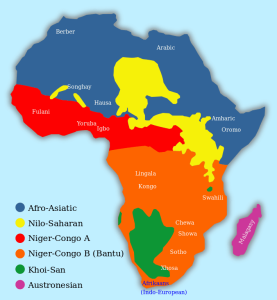The neglect of native languages in Africa is a pressing issue that has far-reaching consequences for the continent’s cultural and linguistic diversity. Despite Africa being home to over 2,000 languages, the dominance of English and French, remnants of colonization, continues to overshadow the native languages.

1. Neglect in Education:
– Only 25% of African languages are taught in secondary schools across the continent, and a mere 5% are taught in higher education.
– Language practices in primary and secondary schools in South Africa, a multilingual country with 11 official languages, still reflect colonial and apartheid legacies, limiting students’ access to curricula and learning tools in their native languages.
2. Impact on Students:
– The neglect of native languages in education disproportionately affects black students, who struggle with writing academic papers and understanding terminology in their fields of study.
– This lack of linguistic support hampers their achievement and contributes to higher dropout rates.
3. Economic and Cultural Considerations:
– Some argue that the decline of indigenous African languages should be celebrated, as it may lead to economic prosperity and national unity.
– Linguistic diversity has been linked to division and disunity, hindering African countries’ ability to establish a cohesive sense of national identity and unity.
– Countries with linguistic homogeneity, like Singapore, have achieved higher levels of economic development.
4. The Importance of Native Languages:
– Native languages are an integral part of African culture and heritage, and their neglect can lead to a loss of cultural identity.
– Preserving and promoting native languages can help foster a sense of pride and belonging among African communities.

